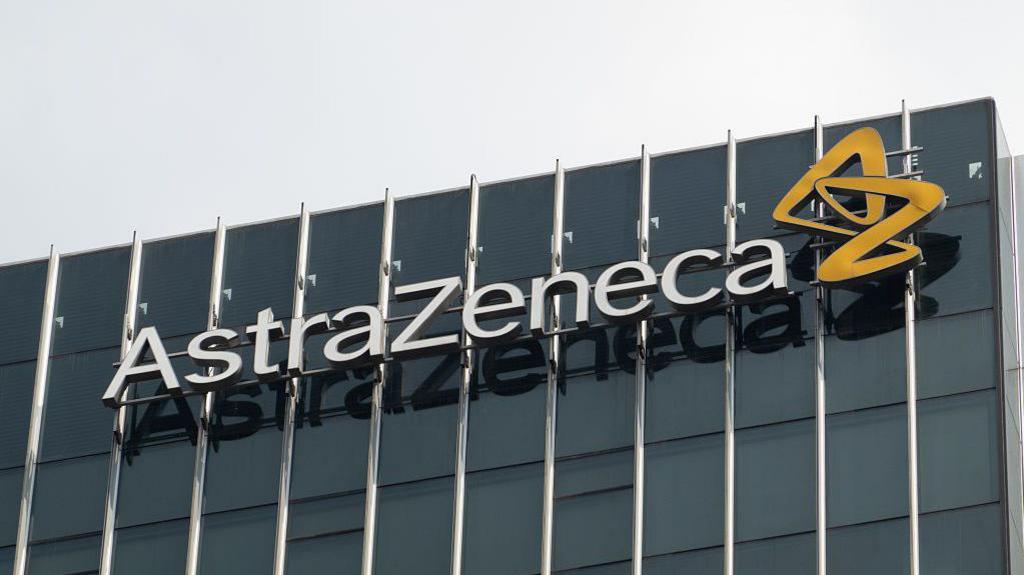“`html
AstraZeneca has placed a £200m investment at its Cambridge research facility on hold, marking another setback for the UK pharmaceutical sector.
The project, anticipated to generate 1,000 jobs, was unveiled in March 2024 by the prior administration, alongside a separate initiative in Liverpool, which was abandoned in January.
This announcement follows US pharmaceutical giant Merck’s decision to cancel a £1bn UK expansion, citing insufficient government investment, and as President Donald Trump encourages pharmaceutical companies to increase their US investments.
An AstraZeneca spokesperson stated: “We consistently re-evaluate our company’s investment requirements and can confirm that our Cambridge expansion is currently paused.”
Over the past decade, UK expenditure on pharmaceuticals has decreased from 15% to 9% of the NHS budget, while other developed nations allocate between 14% and 20%.
Concurrently, pharmaceutical firms are exploring investment opportunities in the US, influenced by President Trump’s threats of substantial tariffs on drug imports.
In July, AstraZeneca announced a $50bn (£36.9bn) investment in US “medicines manufacturing and R&D [research and development]”.
Earlier this week, Merck, which had commenced construction on a London-based site slated for completion by 2027, announced its decision not to occupy the premises.
The multinational corporation, known as MSD in Europe, attributed its decision to relocate its life sciences research to the US and reduce UK jobs to successive governments’ underappreciation of innovative medicines.
AstraZeneca’s recent announcement signifies that none of the £650m UK investment promoted by the previous government will proceed as planned.
The Cambridge project was intended to expand its existing Discovery Centre, which already houses 2,300 researchers and scientists.
This suspension follows the company’s earlier decision to abandon plans for a £450m expansion of a vaccine manufacturing facility in Merseyside in January, citing a decrease in government support.
At the time, AstraZeneca stated that after “protracted” discussions, a number of factors influenced the decision, including “the timing and reduction of the final offer compared to the previous government’s proposal”.
Successive UK governments have emphasized the life sciences sector as a key driver of economic success.
Former Chancellor Jeremy Hunt described the sector as “crucial for the country’s health, wealth and resilience,” while Chancellor Rachel Reeves hailed AstraZeneca as one of the UK’s “great companies” just days before the Liverpool expansion was cancelled.
The strength of the economy affects things like pay rises and how much tax the government can raise to pay for services.
The pace of price rises ticked up as focus turns to the next move by the US Federal Reserve.
The firm, known as MSD in Europe, said there has been a lack of investment in life sciences.
Trump’s volatile trade policy has thrown the world economy into chaos, and put some US prices up.
The womenswear brand says higher costs and tough trading conditions have taken their toll.
“`

